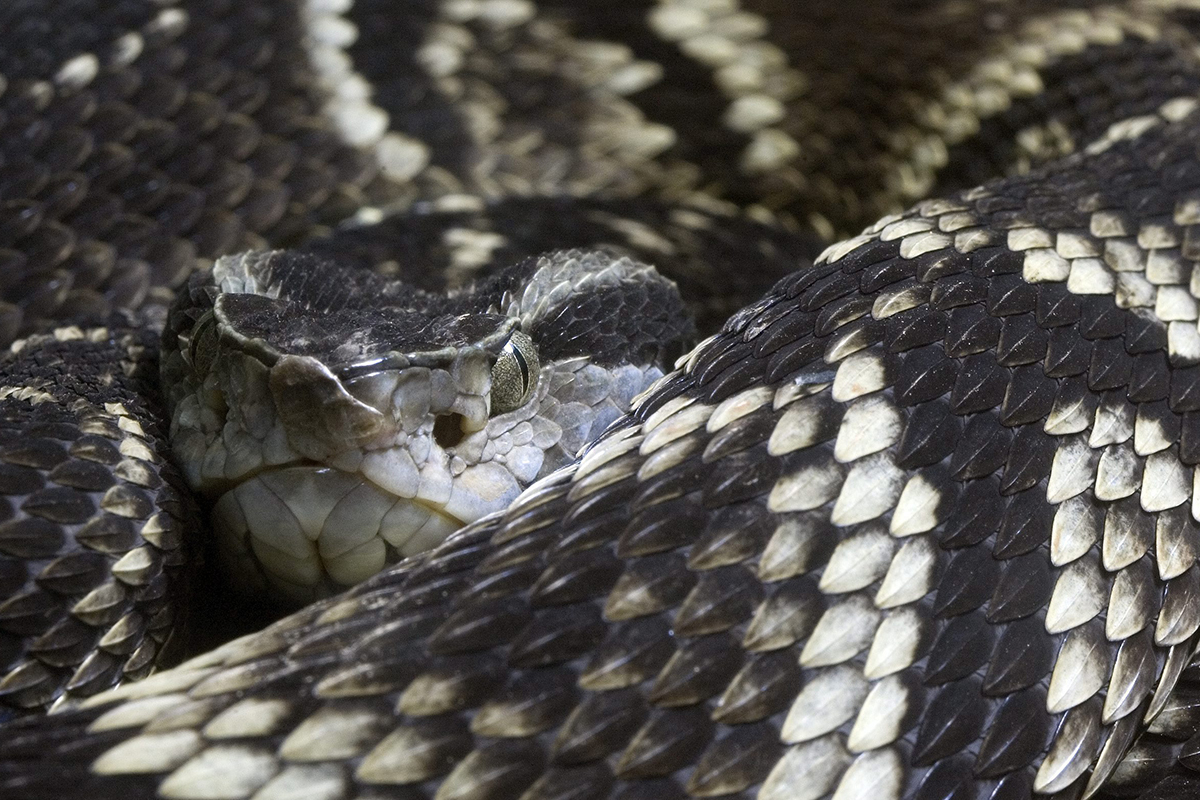WASHINGTON – Two dead venomous snakes were found in a package in a western Pennsylvania post office earlier this month, U.S. federal authorities said.

The box shipped from the Philippines to the Beaver County post office was declared as containing T-shirts, The Beaver County Times reported.
Capt. Thomas Christ of the Pennsylvania Fish and Boat Commission said a waterways conservation officer opened the box and found two venomous pit vipers, both dead.
WATCH: Climate change could bring poisonous snakes slithering to Canada: study

Pit vipers find their prey and places to hide by sensing heat. There are more than 150 species of pit vipers. Officials didn’t reveal the exact kind of snake, but said they believe the reptiles were alive when they were put in the box.
Additional snakes were found at the home of the person to which the box was addressed, Christ said. He said he could not say what the person intended to do with the snakes if they had arrived alive. U.S. Fish and Wildlife authorities are investigating.

Get daily National news
Mailing an animal is a federal offence, and in Pennsylvania, a permit is required to buy a snake, said Henry Kacprzyk, curator of reptiles at the Pittsburgh Zoo and Aquarium.
“On a legal end, it’s not something that is a moneymaker,” Kacprzyk said.
Kacprzyk also said that brining an exotic snake from another country is dangerous, since hospitals carry antivenom antidotes for venomous snakes common to the United States but don’t have antidotes for those from other countries.
“People are taking risks,” Kacprzyk said.
“People assume if they get a bite, they can go to the hospital, and that is not the case.”







Comments
Want to discuss? Please read our Commenting Policy first.